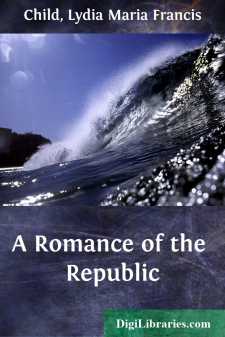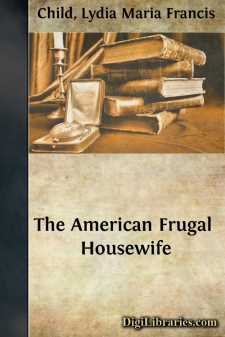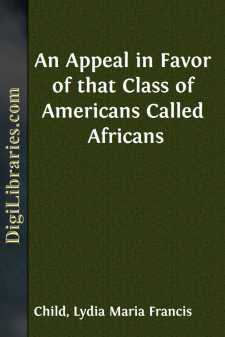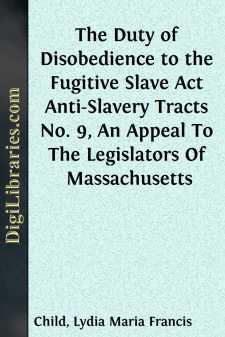Categories
- Antiques & Collectibles 13
- Architecture 36
- Art 48
- Bibles 22
- Biography & Autobiography 813
- Body, Mind & Spirit 142
- Business & Economics 28
- Children's Books 15
- Children's Fiction 12
- Computers 4
- Cooking 94
- Crafts & Hobbies 4
- Drama 346
- Education 46
- Family & Relationships 57
- Fiction 11828
- Games 19
- Gardening 17
- Health & Fitness 34
- History 1377
- House & Home 1
- Humor 147
- Juvenile Fiction 1873
- Juvenile Nonfiction 202
- Language Arts & Disciplines 88
- Law 16
- Literary Collections 686
- Literary Criticism 179
- Mathematics 13
- Medical 41
- Music 40
- Nature 179
- Non-Classifiable 1768
- Performing Arts 7
- Periodicals 1453
- Philosophy 64
- Photography 2
- Poetry 896
- Political Science 203
- Psychology 42
- Reference 154
- Religion 513
- Science 126
- Self-Help 84
- Social Science 81
- Sports & Recreation 34
- Study Aids 3
- Technology & Engineering 59
- Transportation 23
- Travel 463
- True Crime 29
A Romance of the Republic
Description:
Excerpt
CHAPTER I.
"What are you going to do with yourself this evening, Alfred?" said Mr. Royal to his companion, as they issued from his counting-house in New Orleans. "Perhaps I ought to apologize for not calling you Mr. King, considering the shortness of our acquaintance; but your father and I were like brothers in our youth, and you resemble him so much, I can hardly realize that you are not he himself, and I still a young man. It used to be a joke with us that we must be cousins, since he was a King and I was of the Royal family. So excuse me if I say to you, as I used to say to him. What are you going to do with yourself, Cousin Alfred?"
"I thank you for the friendly familiarity," rejoined the young man. "It is pleasant to know that I remind you so strongly of my good father. My most earnest wish is to resemble him in character as much as I am said to resemble him in person. I have formed no plans for the evening. I was just about to ask you what there was best worth seeing or hearing in the Crescent City."
"If I should tell you I thought there was nothing better worth seeing than my daughters, you would perhaps excuse a father's partiality," rejoined Mr. Royal.
"Your daughters!" exclaimed his companion, in a tone of surprise. "I never heard that you were married."
A shadow of embarrassment passed over the merchant's face, as he replied, "Their mother was a Spanish lady,—a stranger here,—and she formed no acquaintance. She was a woman of a great heart and of rare beauty. Nothing can ever make up her loss to me; but all the joy that remains in life is centred in the daughters she has left me. I should like to introduce them to you; and that is a compliment I never before paid to any young man. My home is in the outskirts of the city; and when we have dined at the hotel, according to my daily habit, I will send off a few letters, and then, if you like to go there with me, I will call a carriage."
"Thank you," replied the young man; "unless it is your own custom to ride, I should prefer to walk. I like the exercise, and it will give a better opportunity to observe the city, which is so different from our Northern towns that it has for me the attractions of a foreign land."
In compliance with this wish, Mr. Royal took him through the principal streets, pointing out the public buildings, and now and then stopping to smile at some placard or sign which presented an odd jumble of French and English. When they came to the suburbs of the city, the aspect of things became charmingly rural. Houses were scattered here and there among trees and gardens. Mr. Royal pointed out one of them, nestled in flowers and half encircled by an orange-grove, and said, "That is my home. When I first came here, the place where it stands was a field of sugar-canes; but the city is fast stretching itself into the suburbs."
They approached the dwelling; and in answer to the bell, the door was opened by a comely young negress, with a turban of bright colors on her head and golden hoops in her ears....








